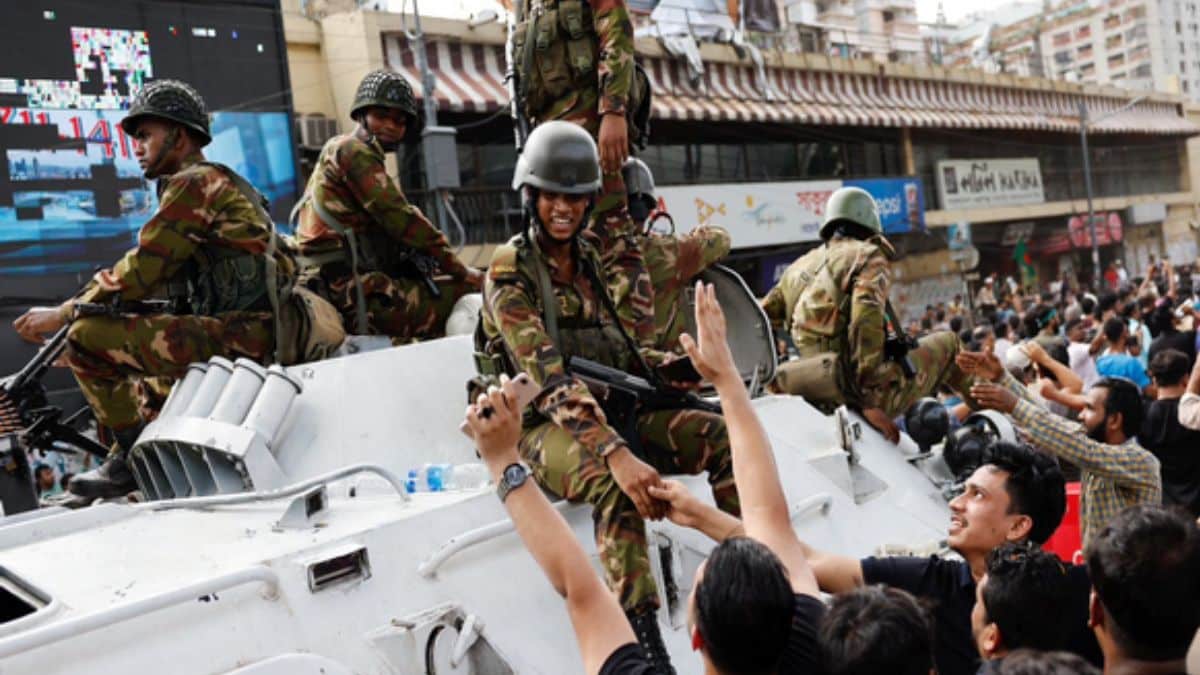Bangladesh is witnessing a historic shift in its political landscape as Prime Minister Sheikh Hasina resigned amid escalating nationwide protests. The resignation comes after weeks of intense unrest and public outcry over governmental job quotas and alleged human rights abuses. The army chief, General Waker-Uz-Zaman, announced his resignation and the formation of an interim government to steer the country through this turbulent period.
In a televised address, General Waker-Uz-Zaman announced that Prime Minister Hasina had left the capital, Dhaka, by helicopter. “An interim government will be formed to maintain stability and manage the transition,” he declared. This announcement was met with celebration and chaos as thousands of citizens took to the streets. Many demonstrators stormed the prime minister’s official residence, signalling relief and uncertainty for the nation.
The protests, which began last month, initially focused on the contentious issue of governmental job quotas. However, the movement quickly evolved into a broader call for justice and accountability, especially after reports emerged of around 300 people being killed in the unrest. Students played a pivotal role, marching through Dhaka and other major cities, demanding action against the violence and corruption they believed was endemic under Hasina’s administration.
Reaz Ahmad, executive editor of Dhaka Tribune, emphasized the need for the army to guide the country toward a transparent electoral process. “Bangladesh has seen different governance models, but the most trustworthy elections took place under caretaker governments from 1991 to 2024,” Ahmad informed Al Jazeera. “The interim government must ensure that the upcoming elections are free and fair, providing the people with an opportunity to choose their leaders without fear or coercion.”
The transition period is expected to be fraught with challenges. The interim government will have to navigate the complex political landscape, manage public expectations, and restore order. Ensuring a peaceful transition of power and setting the stage for credible elections will be paramount.

